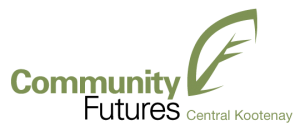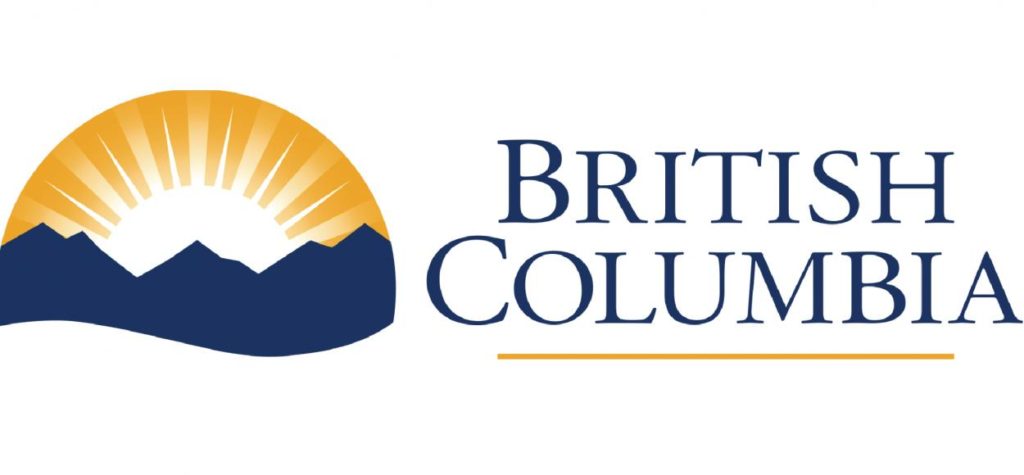Land Inventory GIS Integration
The new Lower Columbia Industrial & Commercial Land Inventory will receive a full GIS integration to create a useful visual tool. Several versions will be produced with different levels of detail in available data (due to data sharing agreements). The most detailed version will be kept in house for use when economic development inquiries are received. A public version will be placed on the Metal Tech Alley website highlighting key parcels and their attributes as ready for development.
View the Industrial Land Inventory Map HERE
Land Development Strategy
The project will draw on the newly created Lower Columbia Industrial & Commercial Land Inventory to inform an assessment of local parcels which have potential for future development. Consultations with communities will be a key part of the project to establish the strategy for future development so that it is compatible with individual community needs and vision. The project will also include a review of best practices in land development in other, external communities with emphasis on those with a similar context (ex. rural, limited land availability). Finally, the project will result in the creation of marketing materials for a specific parcel in each community.
MTA: Battery Hub Feasibility Study
Metal Tech Alley’s ultimate goal is to be battery hub for Western Canada. Battery recycling is expected to become critically important with the increase in Electric Vehicles (EVs) and other battery powered machinery and appliances. With existing battery recyclers, KC Recycling and Retriev Technologies, Metal Tech Alley is already positioned to act on increasing battery recycling capacity. Additionally, Metal Tech Alley is where companies like Eagle Graphite and Fenix Advanced Materials are contributing to new battery development and production of critical minerals. The feasibility study will give us the foundation and plan to pursue the ultimate goal of growing the battery ecosystem in Metal Tech Alley and establishing our region as the battery hub for Western Canada!

Metal Tech Alley
Metal Tech Alley is a facilitating regional transition towards the ‘Circular Economy’ model. This supply chain based approach develops the local economy while simultaneously improving our relationship with the environment. Learn all about it here.

West Kootenay Rural & Northern Immigration Pilot Program - Shared Initiative
Led by Community Futures Central Kootenay, the LCIC is supporting the implementation of the Rural & Northern Immigration Program in the West Kootenay. This pilot project aims to give communities more opportunities to help immigrants who are already living in them. This approach is more successful in helping immigrants integrate into rural communities where they are often more isolated. CFCK is working closely with Columbia Basin Alliance for Literacy who provides settlement services in the West Kootenay to support all applicants. LCIC staff sit on the steering committee of RNIP program in the West Kootenay and assist with assessing applications.

BC Provincial Nominee Program, Entrepreneur Immigration Regional Pilot - Shared Initiative
Led by Community Futures Central Kootenay, the LCIC is supporting the implementation of the Rural & Northern Immigration Program in the West Kootenay. This pilot project aims to give communities more opportunities to help immigrants who are already living in them. This approach is more successful in helping immigrants integrate into rural communities where they are often more isolated. CFCK is working closely with Columbia Basin Alliance for Literacy who provides settlement services in the West Kootenay to support all applicants. LCIC staff sit on the steering committee of RNIP program in the West Kootenay and assist with assessing applications.



